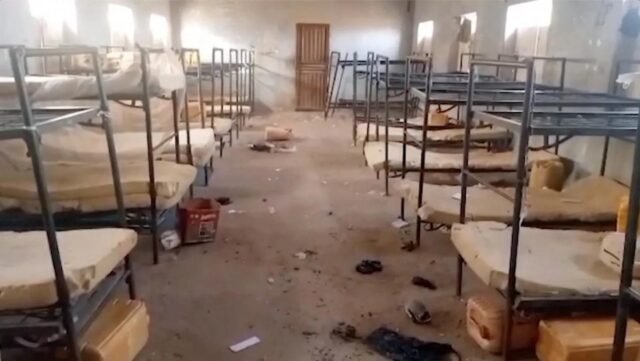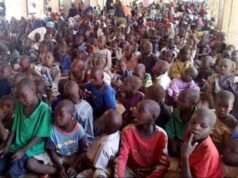In a chilling escalation of insecurity in northern Nigeria, gunmen on Friday invaded St. Mary’s Catholic School in Agwara, Niger State, and abducted 52 students, local television station Arise TV has reported. The incident has once again drawn attention to the growing crisis of school kidnappings in the region.
Table of Contents
A Pre‑Dawn Attack That Shook the Community
According to multiple sources, including Arise News, armed assailants struck the boarding school in the early hours of Friday. They are said to have gained access to the students’ hostel and forcefully taken dozens of children, many of whom were asleep. While Arise reports the number abducted is 52, the state government has not yet confirmed that figure, stating simply that the count is still being verified.
The secretary to the Niger State Government, Abubakar Usman, expressed profound sadness in a statement conveyed to the media, affirming that security agencies have already been deployed to locate the missing pupils.
Police tactical units, as well as military personnel, are reportedly sweeping nearby forests and major roadways in a bid to recover the students.
A Broader Pattern of Abduction and Kidnappings
This latest abduction is part of a distressing pattern that has plagued Nigeria’s north. Just days before, on November 17, 25 schoolgirls were kidnapped from a girls’ boarding school in Kebbi State, during a similarly violent raid in which the school’s vice principal was killed.
Security analysts and local observers say these attacks are not isolated incidents but symptoms of deep-seated insecurity, especially in rural and semi-rural parts of northwest Nigeria.
Why Schools Are Targets for Abductions — and Why the Risk Keeps Growing
Kidnapping for ransom has become a lucrative business in parts of northern Nigeria. Insecurity has been fuelled by criminal networks, sometimes linked to banditry, rather than strictly ideological militant groups.
These criminal gangs are believed to exploit rugged terrain—such as forests and poorly patrolled regions—to evade capture, making rescue operations difficult. Moreover, intelligence failures remain a recurring challenge, as security forces rely on informants whose information has, at times, led them astray, as reported by Reuters.
The repeated targeting of schools not only inflicts immediate trauma on the victims and their families but also undermines education in affected communities. When parents fear for their children’s safety, many may hesitate to send them to school, aggravating the region’s already fragile education outcomes.
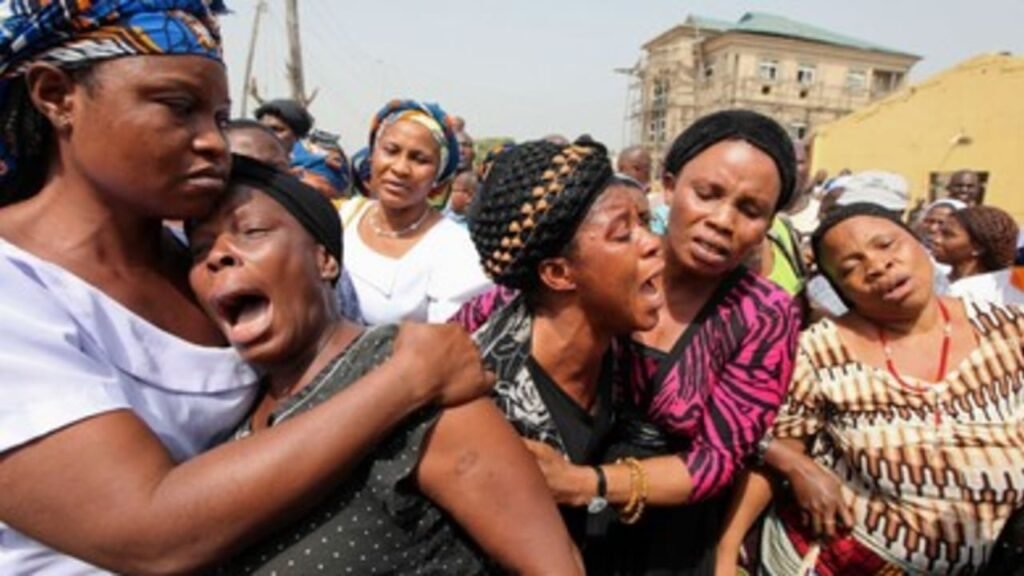
Official Response and Public Outcry
Niger State officials say they are investigating how the attackers were able to strike so boldly. According to some local reports, there had been prior intelligence warnings about the possibility of an attack—but, alarmingly, the school reopened without seeking clearance from the government, exposing students and staff to what some now see as avoidable danger.
Parents and community members are demanding swift action. Many say such abductions are now part of daily life in the region, and that more urgent protective measures are needed. At the same time, security forces have come under pressure to improve their response strategies.
Looking Ahead: Risks, Solutions, and the Urgent Need for Change
What happened at St. Mary’s is a tragic reminder that the kidnapping crisis in Nigeria is far from over. The federal and state governments face mounting challenges:
- Improving intelligence: Accurate, actionable information is essential. Without reliable intel, security operations risk missing targets or acting too late.
- Protecting vulnerable communities: Schools in remote areas need greater security — from fencing and guards to better coordination with law enforcement.
- Addressing root causes: Many of the kidnappings stem from organised criminal networks for whom ransom is a major revenue stream. Tackling this requires long-term strategies, including the disruption of financing and the rehabilitation of criminal elements.
- Supporting affected families: Psychological and financial support systems are needed for victims, and public accountability should be strengthened so that schools and governments are held responsible for lapses.
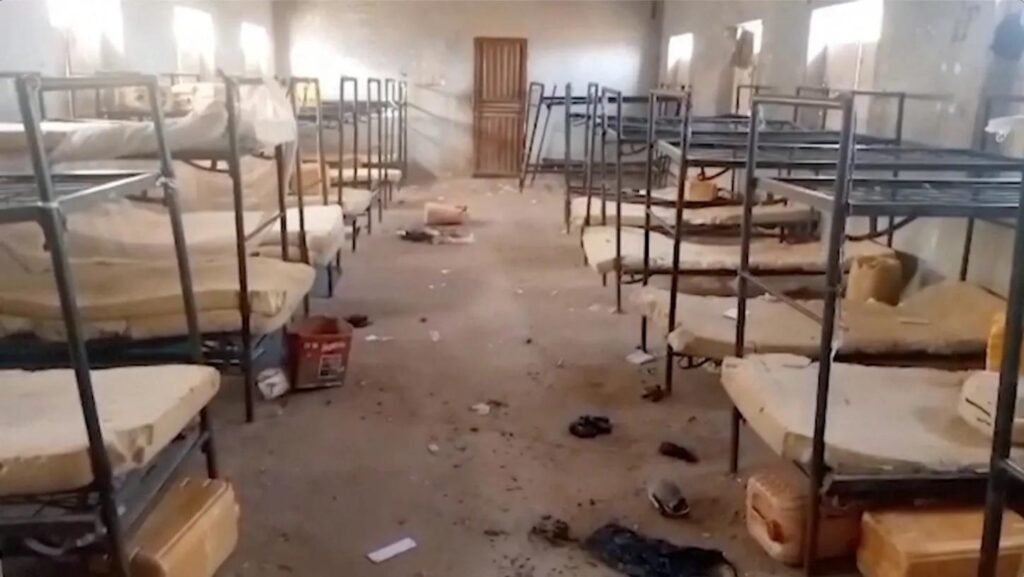
The abduction of 52 students is more than a headline—it’s a blow to the future of those children and their community. As Nigeria grapples with this latest crisis, the resilience of families and the urgency of systemic reform are being tested. Only a coordinated, sustained response that prioritises both immediate rescue and long-term prevention can begin to reverse this troubling trend.
Join Our Social Media Channels:
WhatsApp: NaijaEyes
Facebook: NaijaEyes
Twitter: NaijaEyes
Instagram: NaijaEyes
TikTok: NaijaEyes
READ THE LATEST EDUCATION NEWS


